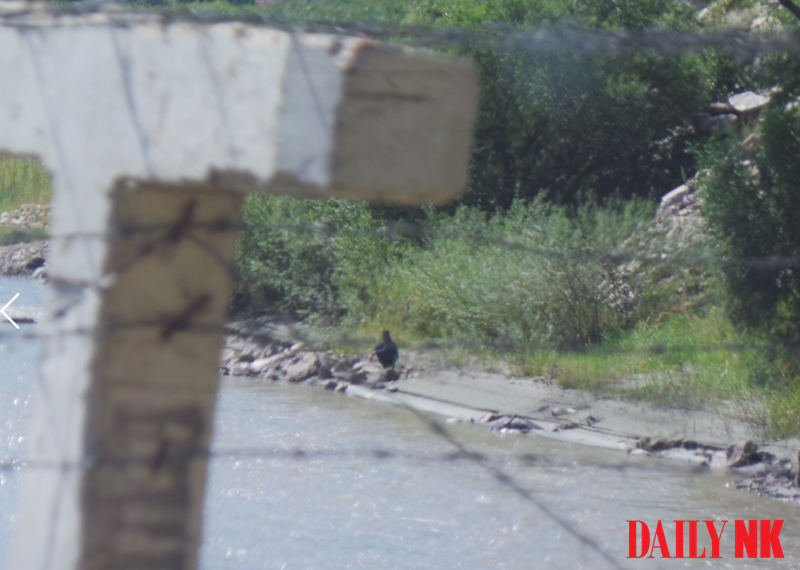Despite the regime formally declaring a war on drugs after Kim Jong Un took power in 2011, little progress has been made toward curtailing North Korea’s serious drug problems. The production and sale of illegal narcotics, often with government officials involved, remains rife.
“In the past, Hamhung in South Hamgyong Province was the most well-known region for illegal drug production, but meth labs have recently started to pop up in Pyongsong and other regions in North Korea.There are also more instances of private operators running drug labs instead of the state,” a source in South Pyongan Province reported.
Drug cooks have been busy manufacturing ‘Denda’, a stimulant in pill form that is sold for one dollar per tablet. In addition, drugs from the opium family such as morphine, a product that was hidden under the guise of “cultivating Chinese white bell flowers” in the 1980s, are also being widely produced.
“People have turned to manufacturing illegal drugs to earn money after the coal industry took a hit in North Korea these past few years. The drugs are then delivered to smugglers at the border from their point of origin,” the source explained.
Companies previously registered with the government as operating in the coal industry have recently begun turning to focus on the more lucrative drug trade.
According to another source from South Pyongan Province, the number of drug labs being set up in Pyongsong is increasing. “Drug cooks are hiring laborers to work in their labs, paying them one hundred dollars per person for every kilo of substance produced. It takes around one month to produce around 10 kgs,” she said, adding that after the drugs are produced, distributors will take them to the border and hand them over to smugglers to sell in China.
North Korea’s legal code prohibits the manufacturing, sale, and distribution of illicit drugs, although officials and residents have long worked to circumvent the law.
In response to the crisis, the government has instructed the Ministry of State Security to crack down on these activities, deploying its June 27 group in drug hotspots such as Hamhung, Pyongsong, and Sunchon. An order has also been handed down by Kim Jong Un to ”prosecute illegal drugs producers and distributors very harshly under the law and to completely eradicate the illegal narcotics industry.”
However, the reality of the situation is that the officials in charge of the crackdowns are on the payroll of those involved, often accepting bribes to allow them to continue their manufacturing of the drugs.
“There are rumors going around that the authorities are directly involved in helping to facilitate the drug trade to earn foreign currency. Because those involved are rumored to be high level officials, it is said that if you run into a dangerous situation where the government might be exposed for running drugs, it’s better to commit suicide than be caught,” an additional source in South Pyongan Province said.
The source noted that not only is drug smuggling to foreign countries on the rise, but domestic use is rising as well. Cases of drug overdoses have been occurring with increasing frequency all over North Korea, and a drug detox center has even been set up in the Kangpo district of Sunchon to help addicts.
“There isn’t a single place across the entire country that isn’t suffering from the drug epidemic. There have been cases of those under the influence starting fires, violently stabbing others, and fighting over money changing hands between producers and distributors,” said a source in North Hamgyong Province.
“The act of providing meth to friends that visit your house is also starting to be considered ‘a good way to entertain guests’. Meth has even been elevated to the status where it is often accepted in the place of bribes by high ranking officials. I am deeply worried about the direction North Korea is heading in.”
*Translated by Brian Boyle





















